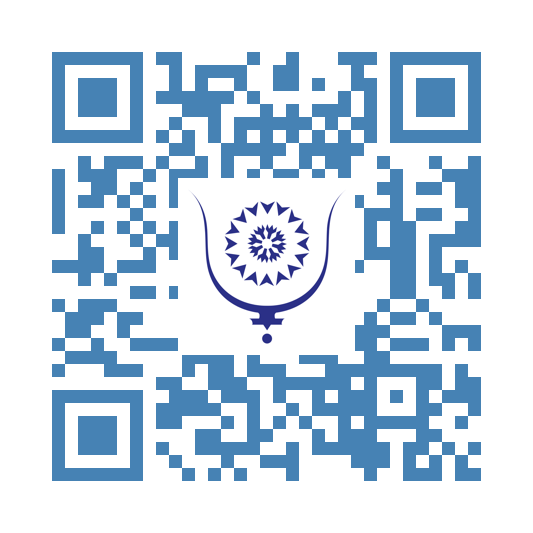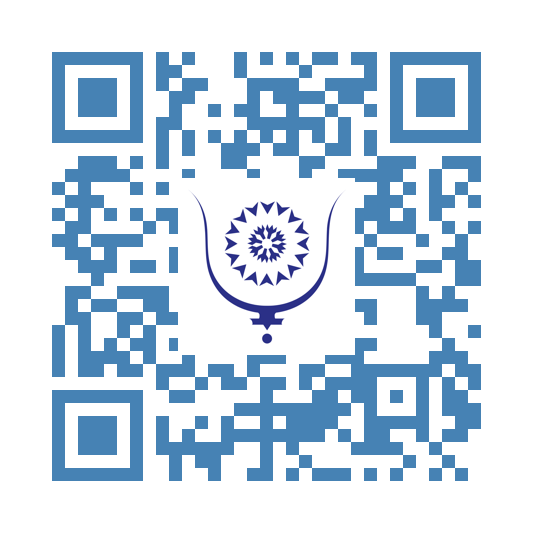Morocco-Nigeria: From Coldness to a Continental Strategic Partnership... 10608
I am currently in Abeokuta, Nigeria, for the organization of the African Athletics Championships for U18 and U20. It is only natural to reflect on the relations between Morocco and Nigeria, which have seen a remarkable evolution, moving from a period of distance and caution to a major strategic partnership for Africa. An eloquent indicator: the national airline now operates two daily flights to Lagos.
From the 1960s to the 1980s, relations between Morocco and Nigeria remained formal but distant, due to deep ideological differences. Nigeria, an Anglophone heavyweight and close to the Non-Aligned Movement—a non-alignment that in reality meant alignment with the Eastern European models of the time. Morocco, on the other hand, closer to the West, adopted a cautious diplomacy in line with its longstanding position and its principles of non-interference and respect for peoples and their choices. The distancing between the two countries became more pronounced, especially after the Kingdom’s withdrawal from the Organization of African Unity (OAU) in 1984, in reaction to the admission of the so-called Sahrawi Arab Democratic Republic (SADR) to this organization. The issue of the so-called Western Sahara was a major point of friction, with Nigeria supporting the SADR, which hindered any significant rapprochement. Thus, relations during the 1980s and 1990s remained lukewarm, limited to basic diplomatic exchanges.
The return of democracy to Nigeria in 1999, with the election of Olusegun Obasanjo, and Morocco’s growing influence on the African stage marked a turning point. The two countries began a discreet but concrete diplomatic rapprochement. Several areas were explored to strengthen cooperation: energy, with discussions on gas cooperation; trade, with modest but growing exchanges; agriculture, aiming to meet the growing needs of the Nigerian population; and the religious dimension, notably through Sufism and the moderate religious education promoted by Morocco.
The real turning point came in December 2016, during the historic visit of King Mohammed VI to Abuja. This visit marked a break in bilateral relations, with the signing of numerous cooperation agreements in the agricultural, banking, industrial, religious, and energy sectors. One recalls here the fraternal embraces and warm words that marked the meetings between His Majesty King Mohammed VI and President Buhari.
The flagship project in this dynamic is the Nigeria-Morocco Gas Pipeline (NMGP), announced in 2016. This ambitious project, over 5,600 km long and crossing 13 West African countries, aims to transport Nigerian gas to Morocco, and potentially to Europe. Its objectives are multiple: to ensure energy security, promote regional integration, and strengthen geopolitical stability. Between 2022 and 2023, several financing and technical study agreements were signed with ECOWAS, OPEC, and European partners.
At the same time, cooperation has diversified: Moroccan banks have invested in Nigeria, while the partnership between the OCP (Office Chérifien des Phosphates) and the Dangote Group has strengthened fertilizer production in Nigeria.
On the religious front, Morocco welcomes Nigerian imams to its training centers, thus consolidating cultural and religious ties.
Since the election of President Bola Tinubu in 2023, active cooperation with Morocco seems to be continuing. The NMGP pipeline project is progressing with the support of key players such as the European Union and the Islamic Development Bank, despite a complicated global context marked by the war in Ukraine and regional instability.
The issue of Western Sahara remains a moderate dividing line: Nigeria has not withdrawn its recognition of the SADR, but has not made any hostile statements towards Rabat for several years, indicating a certain diplomatic appeasement.
The Morocco-Nigeria partnership is part of a complex geostrategic dynamic, notably in competition and complementarity with Algeria. The Morocco-Nigeria project is sometimes seen as a counterweight to the Trans-Saharan Algeria-Nigeria pipeline, which remains at the project stage, unlike the Moroccan project, which is advancing rapidly and according to the set schedule.
At the regional level, this alliance could reshape North-South axes of African cooperation, linking West Africa to the Maghreb, thus moving beyond the traditional Francophone/Anglophone divide. Morocco’s application to join ECOWAS, although currently suspended, illustrates this desire for deeper economic integration with Abuja as a key partner.
Relations between Morocco and Nigeria have evolved from diplomatic coldness to a structuring strategic alliance for the African continent. The gas pipeline project, banking establishment, agricultural and religious cooperation, as well as geoeconomic convergences, make this partnership a major pillar of Africa’s Global South. The next decade will be decisive in measuring the ability of these two countries to transform their cooperation into a driver of continental integration.
This clear overview and chronology of the evolution of Morocco-Nigeria bilateral relations highlights the political, economic, and geostrategic stakes underlying them.
Can we conclude without paying heartfelt tribute and praying for the soul of President Muhammadu Buhari, who passed away on Sunday, July 13, in London at the age of 82 after a long illness? It was during his presidency that relations between the two countries developed and moved from a latent conflictual routine to a win-win cooperation. May he rest in peace.



